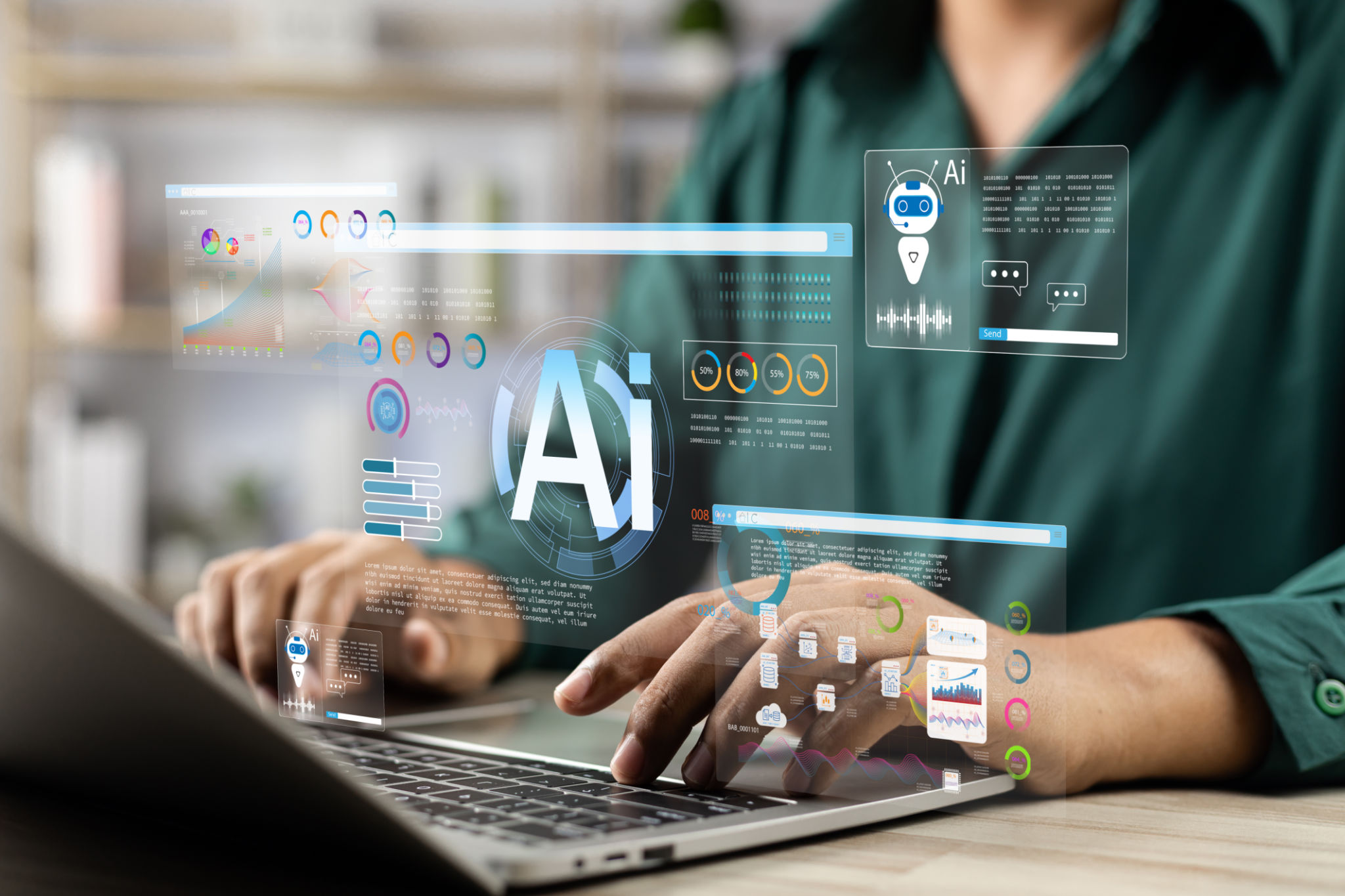The Impact of AI on Accounting: A Look at Local Trends and Innovations
The Rise of AI in Accounting
Artificial Intelligence (AI) is revolutionizing various industries, and accounting is no exception. Automation of routine tasks, enhanced data analysis, and improved accuracy are just a few of the benefits AI brings to the accounting field. As we delve into local trends and innovations, it becomes evident that AI is reshaping how accountants conduct their daily operations.

Automation and Efficiency
One of the most significant impacts of AI in accounting is the automation of repetitive tasks. Activities such as data entry, invoice processing, and transaction categorization can now be handled by AI solutions. This shift allows accountants to focus on more strategic tasks that require human judgment and expertise. As a result, businesses experience increased efficiency and reduced operational costs.
Data Analysis and Insights
AI-powered tools are enhancing the ability of accountants to analyze large volumes of data quickly and accurately. By leveraging machine learning algorithms, these tools provide deeper insights into financial trends and patterns. This capability enables businesses to make informed decisions based on real-time data, ultimately leading to improved financial performance.

Local Innovations in AI Accounting
In recent years, there has been a surge in the development of AI-driven accounting solutions at the local level. Startups and established firms alike are investing heavily in AI technology to offer innovative accounting services. These local innovators are not only improving existing processes but are also creating new opportunities for growth and efficiency.
Improved Accuracy and Compliance
AI's ability to minimize human error is a game-changer for accounting professionals. By automating calculations and cross-referencing data, AI tools significantly reduce the risk of errors that could lead to compliance issues. This increased accuracy ensures that financial reports are reliable and adhere to regulatory standards.

The Role of AI in Fraud Detection
Fraud detection is another area where AI is making a substantial impact. By analyzing patterns and anomalies in financial transactions, AI can identify potential fraud with greater precision than traditional methods. This proactive approach helps businesses safeguard their assets and maintain their reputation.
Challenges and Considerations
While the benefits of AI in accounting are numerous, there are challenges that businesses must consider. Data security, ethical concerns, and the need for ongoing training are critical factors in successfully integrating AI into accounting practices. Companies must remain vigilant in addressing these challenges to fully harness AI's potential.
The Future of AI in Accounting
Looking ahead, the integration of AI in accounting is expected to deepen further. Continuous advancements in technology will likely lead to even more sophisticated tools that can handle complex financial tasks. Accountants will need to adapt by acquiring new skills and embracing a more strategic role within their organizations.

